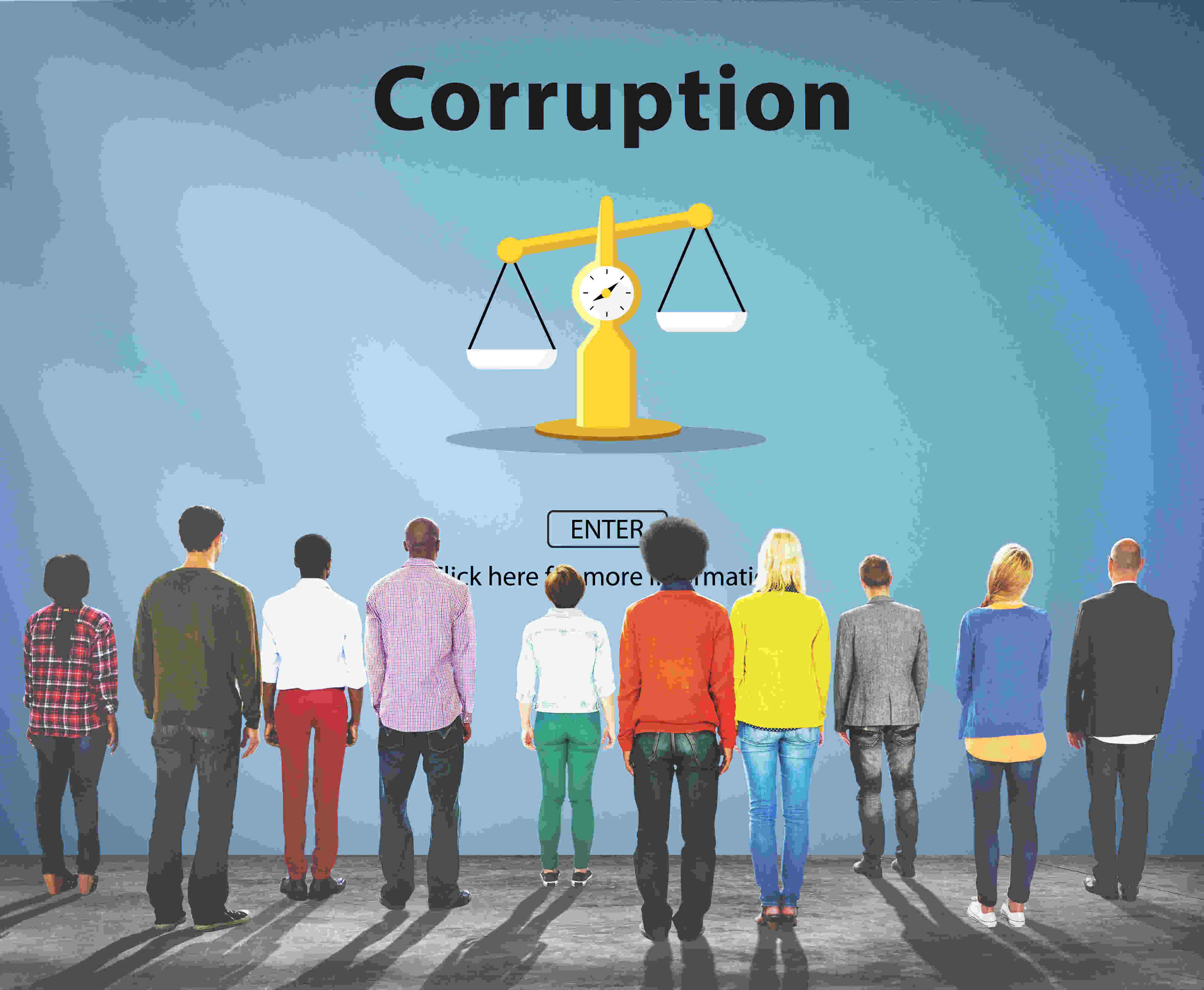How Fraud And Corruption Affects The Offenders Career
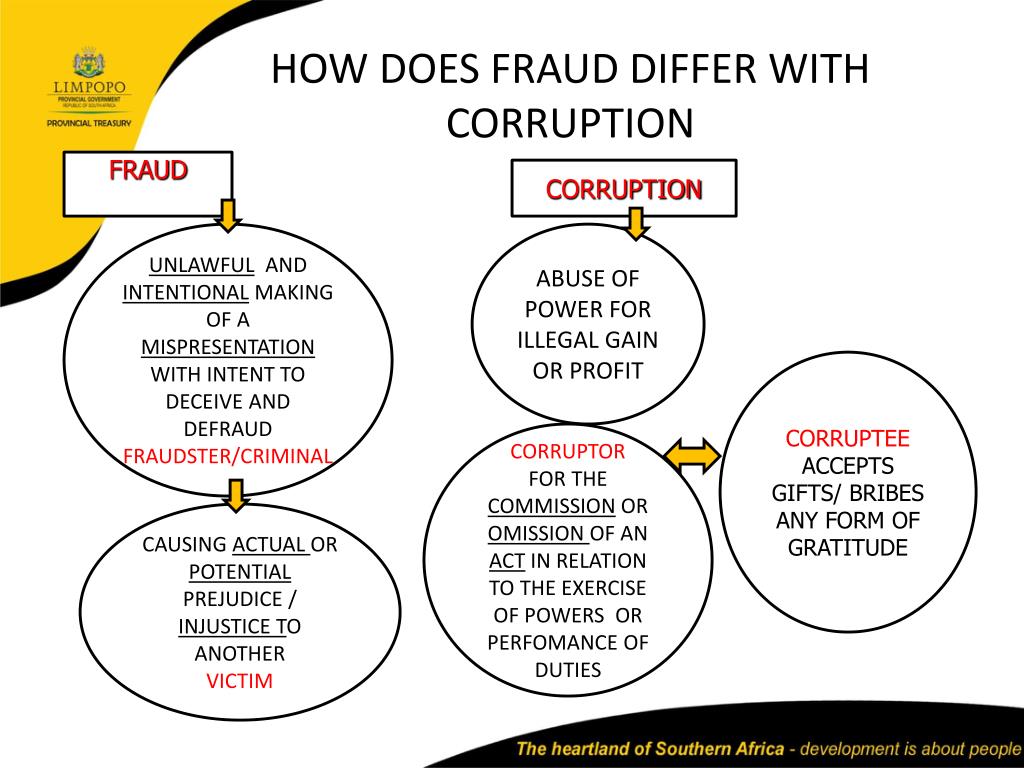
The hushed whispers in boardrooms, the abrupt resignations, and the looming shadow of legal battles – these are often the telltale signs of fraud and corruption's devastating impact on a career. More than just a professional stumble, involvement in such activities can trigger a rapid and irreversible descent, leaving once-promising individuals ostracized, unemployable, and facing severe legal repercussions.
This article delves into the multifaceted ways fraud and corruption dismantle careers, examining not only the immediate consequences like job loss and prosecution, but also the long-term effects on reputation, future employment prospects, and personal well-being. Drawing from official statements, legal precedents, and expert analysis, we explore how these unethical actions shatter trust and create a career chasm that few manage to bridge.
The Immediate Fallout: Job Loss and Legal Scrutiny
The initial impact of fraud or corruption is often swift and brutal. According to a 2023 report by the Association of Certified Fraud Examiners (ACFE), the most common outcome for perpetrators is termination of employment.
Companies, eager to protect their reputations and avoid further legal entanglement, move quickly to distance themselves from implicated individuals.
Simultaneously, legal scrutiny intensifies. Depending on the severity and nature of the offense, offenders may face criminal charges, including fines, imprisonment, and asset forfeiture.
The Public Shaming and Reputational Damage
Even if legal charges are dropped or mitigated, the stain of suspicion lingers. The media spotlight, fueled by public outrage, often amplifies the damage, making it nearly impossible to escape the association with wrongdoing.
"Reputation is like fine china; once broken, it's very hard to piece back together,"warns Dr. Eleanor Vance, a corporate ethics consultant.
This reputational damage extends beyond professional circles, impacting personal relationships and community standing.
The Blacklisting Effect: Diminished Career Prospects
Perhaps the most enduring consequence of fraud and corruption is the "blacklisting effect." Potential employers, wary of the risks associated with hiring someone with a history of unethical behavior, are often hesitant to offer opportunities.
Background checks, once routine, now become significant hurdles. A single red flag can derail an otherwise promising application.
Industry insiders reveal that many companies maintain informal "do not hire" lists, further limiting the offender's options.
The Psychological Toll and Personal Struggles
Beyond the professional and legal ramifications, fraud and corruption take a heavy psychological toll. Feelings of shame, guilt, and remorse are common.
The stress of legal battles, financial hardship, and social isolation can lead to depression, anxiety, and even substance abuse.
Relationships with family and friends often suffer, further exacerbating the sense of isolation and despair.
Rehabilitation and Redemption: A Difficult Path
While the road to career recovery is arduous, it is not always impossible. Some individuals manage to rebuild their lives and careers after acknowledging their mistakes, demonstrating genuine remorse, and taking concrete steps to make amends.
This may involve pursuing further education, engaging in community service, or seeking professional counseling.
However, even with these efforts, the stigma associated with fraud and corruption often remains, making it difficult to regain the level of success and trust previously enjoyed.
Preventative Measures and Ethical Leadership
The best way to mitigate the devastating impact of fraud and corruption on careers is to prevent it from happening in the first place. Strong ethical leadership, robust compliance programs, and a culture of accountability are essential.
Companies must foster an environment where employees feel empowered to report misconduct without fear of retaliation.
Furthermore, individuals must prioritize ethical decision-making, understanding that the long-term consequences of fraud and corruption far outweigh any perceived short-term gains.
Looking Ahead: A Call for Ethical Conduct
The consequences of fraud and corruption extend far beyond financial losses. They erode trust, damage reputations, and destroy careers. By promoting ethical conduct and holding offenders accountable, we can create a business environment where integrity is valued and unethical behavior is deterred.
Ultimately, a commitment to ethical leadership and responsible decision-making is crucial for building sustainable and successful careers, and for fostering a more just and equitable society.
The future of professional success depends on a collective dedication to upholding the highest standards of integrity.
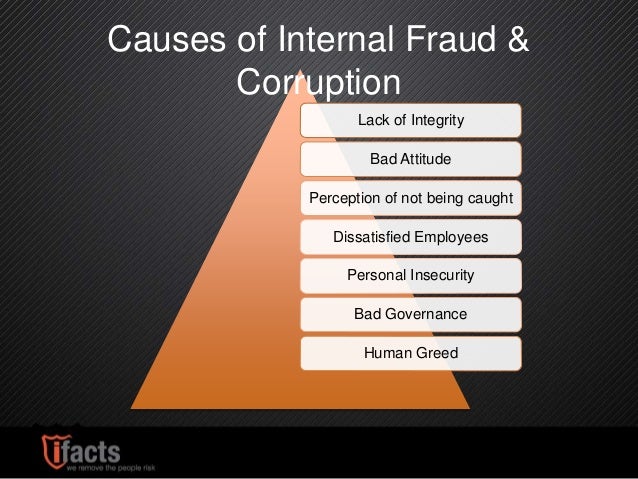
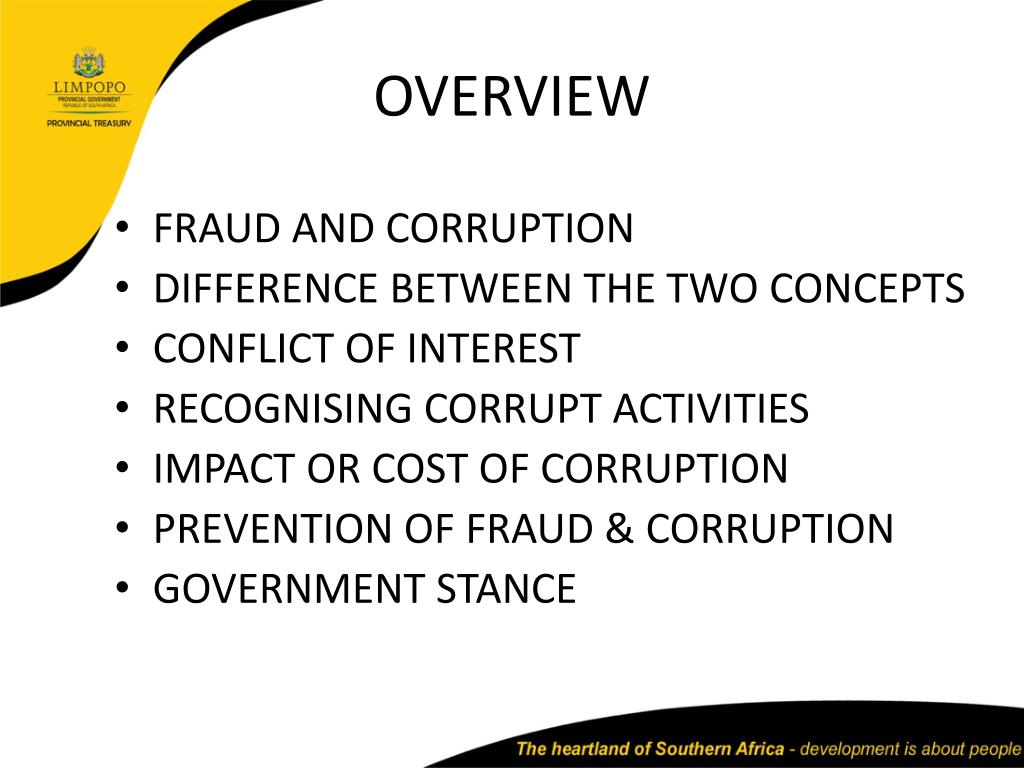

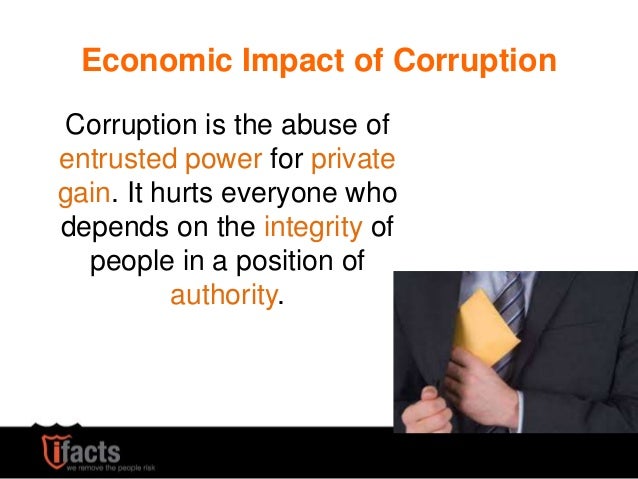
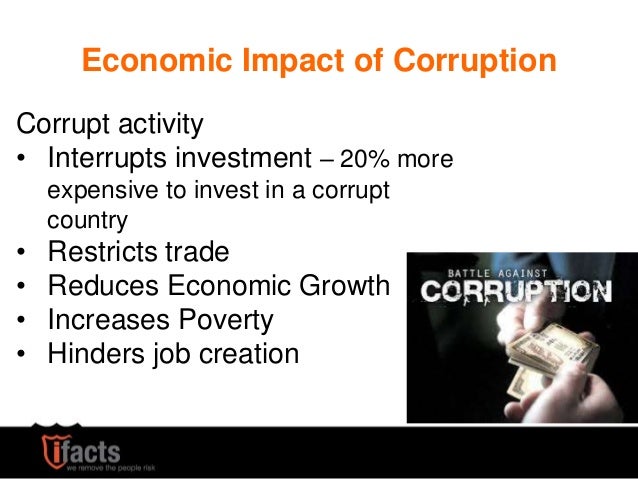

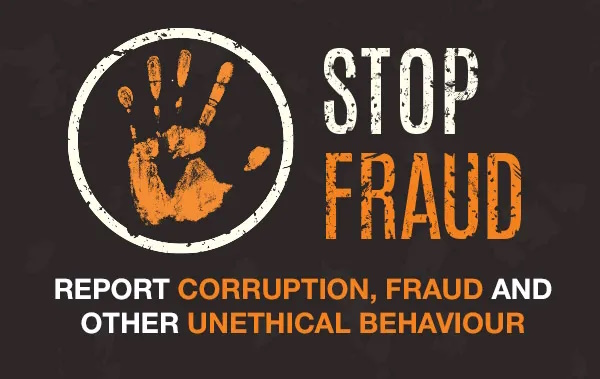

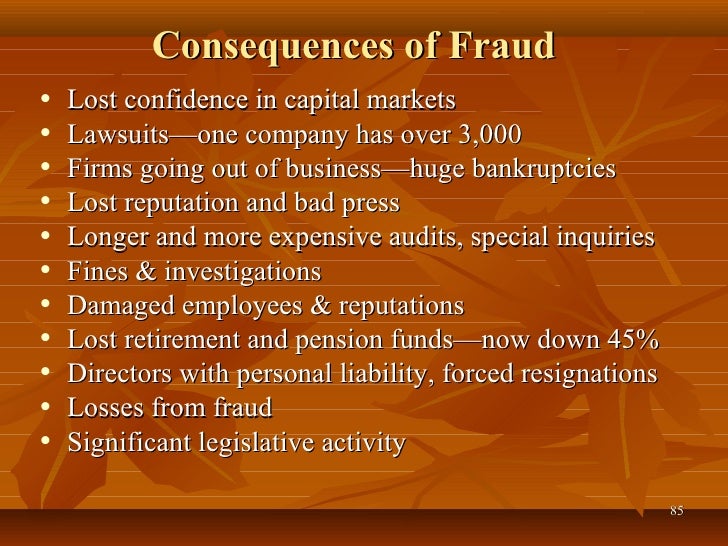
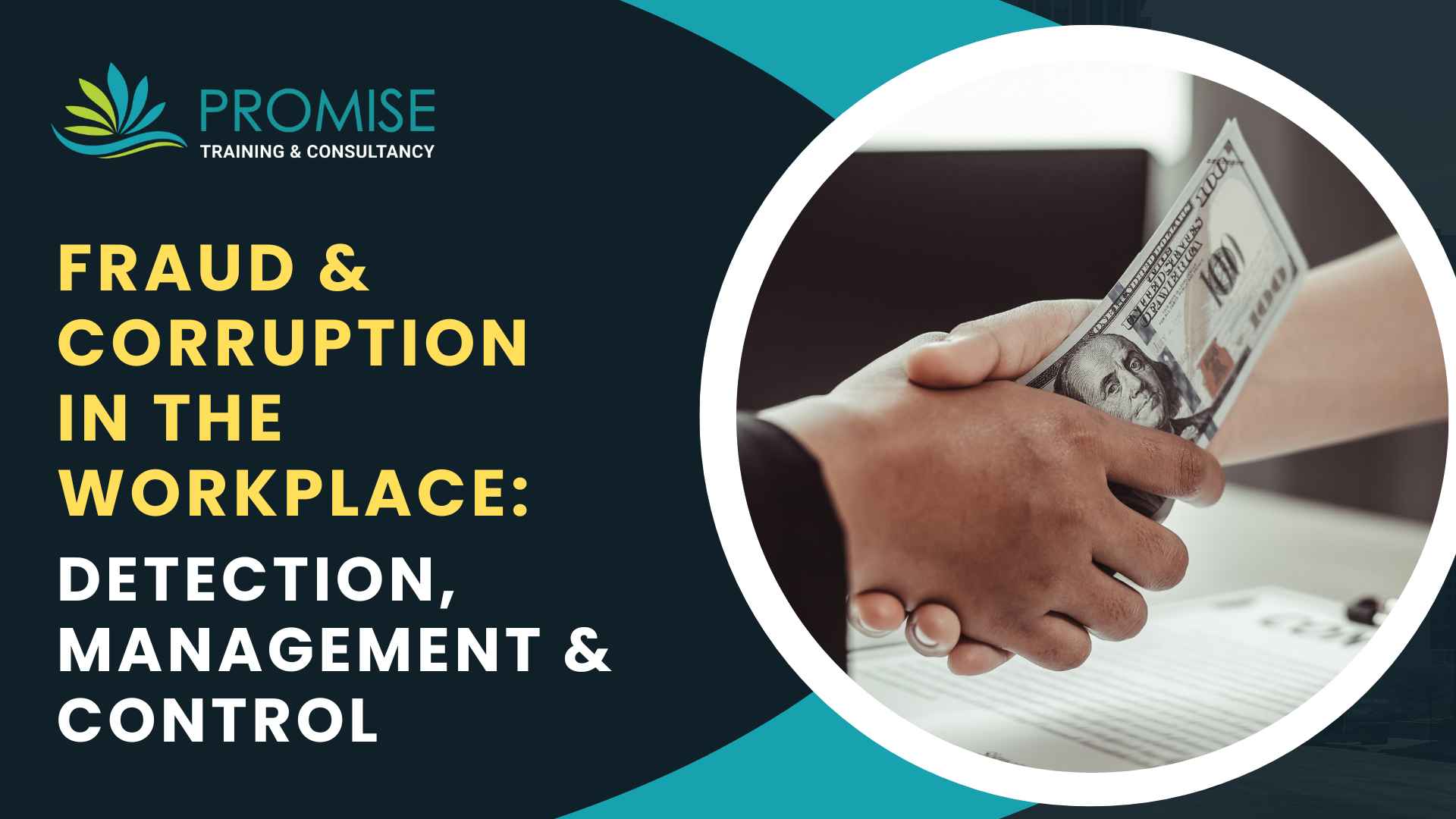
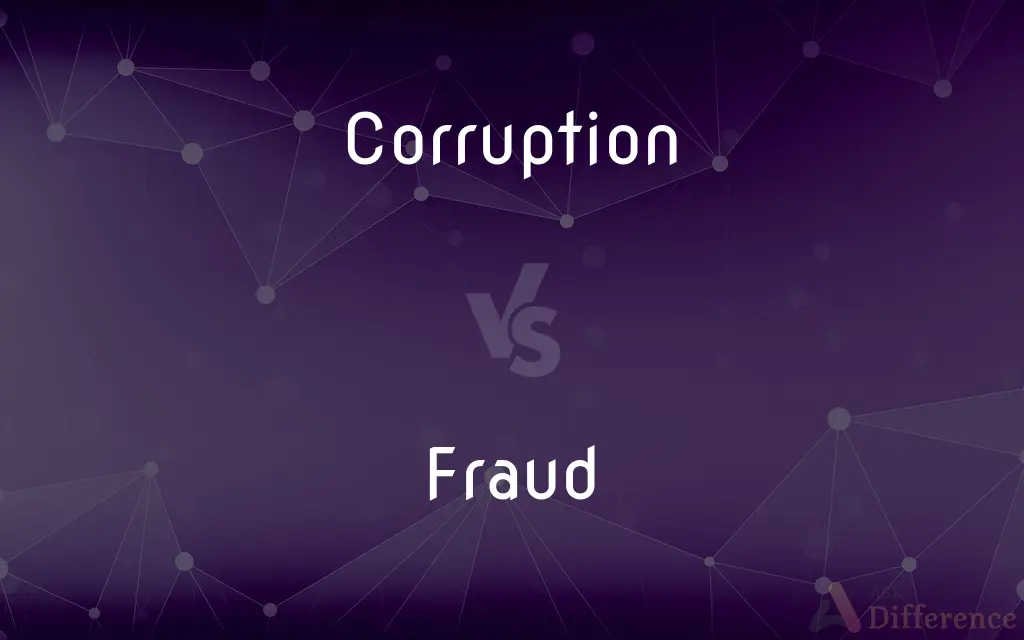
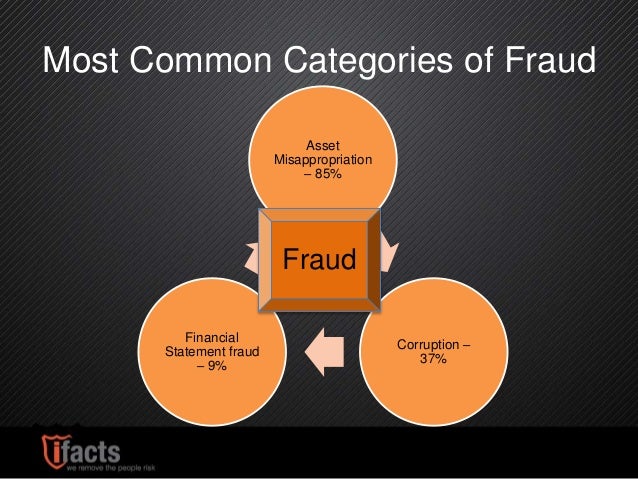



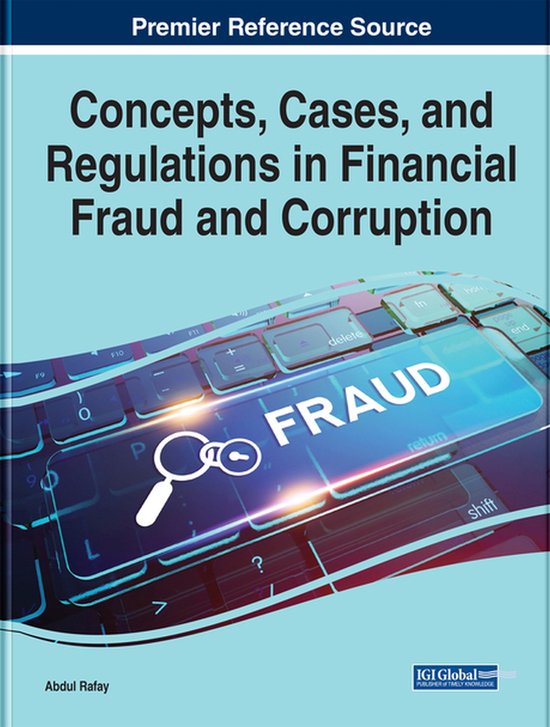
.png)
